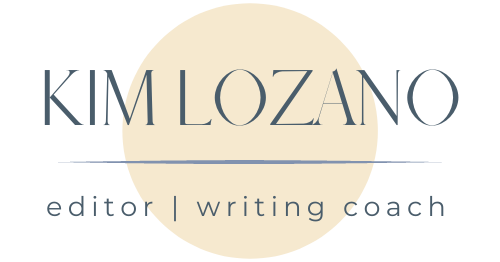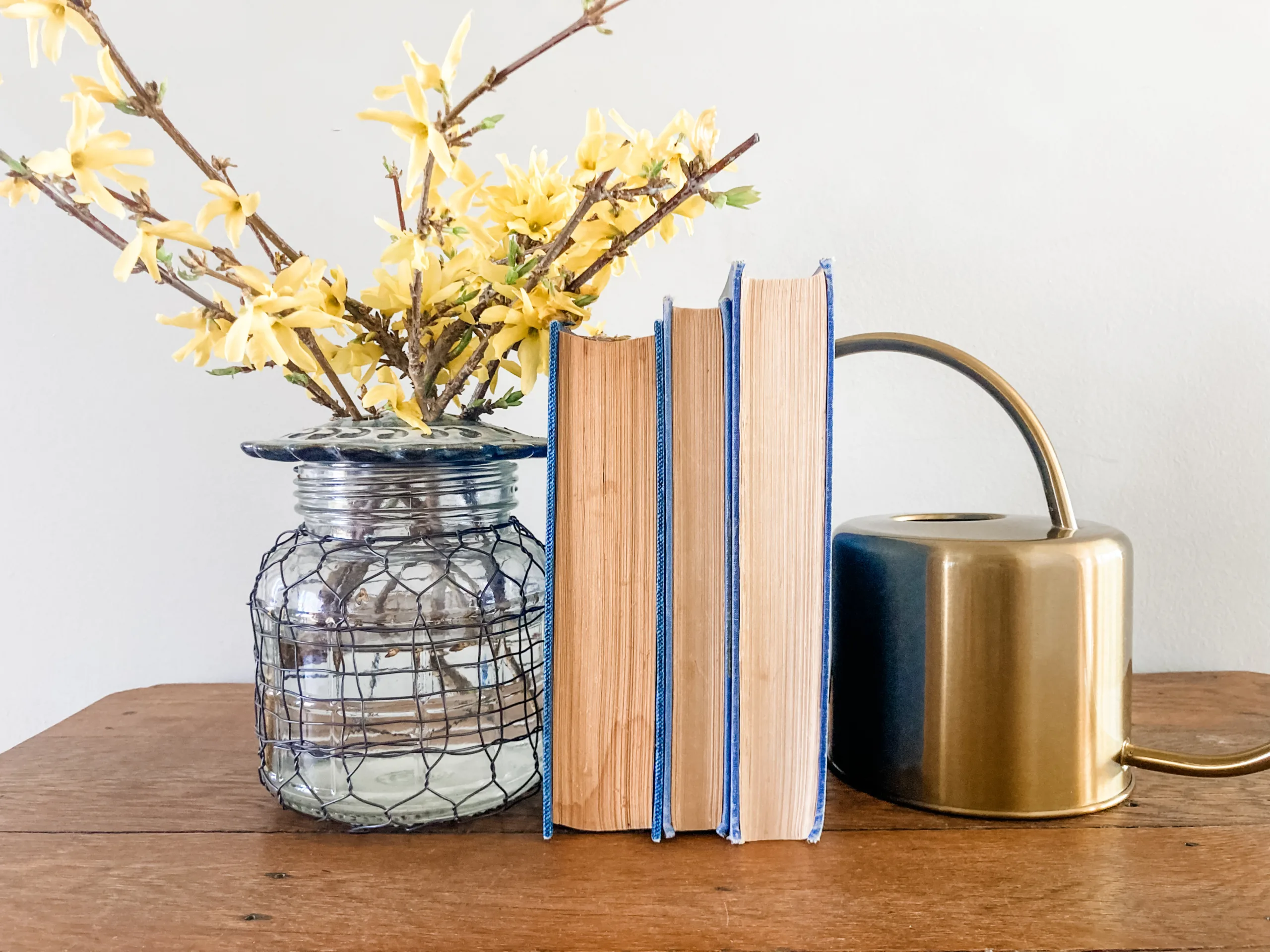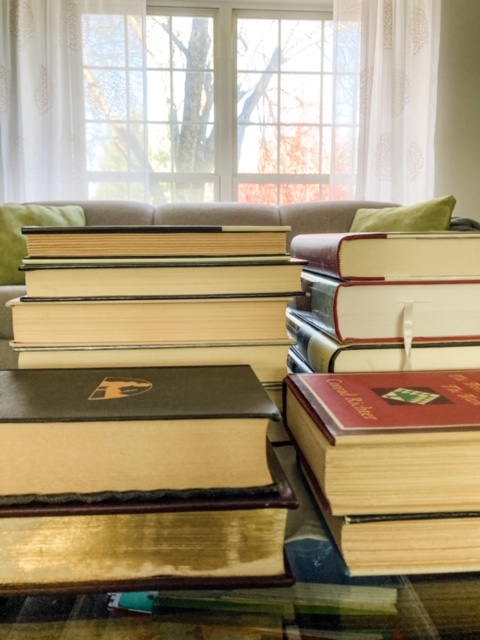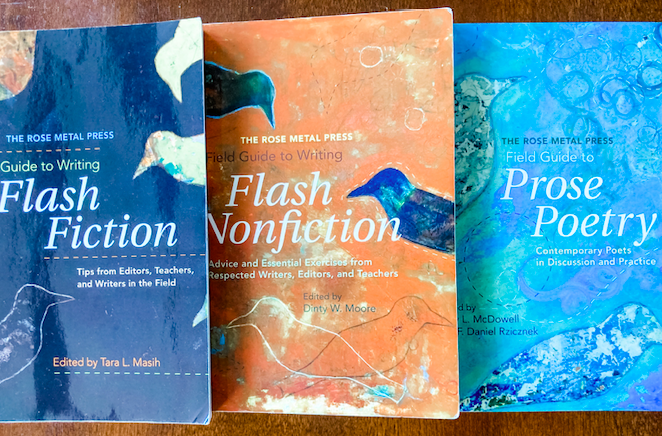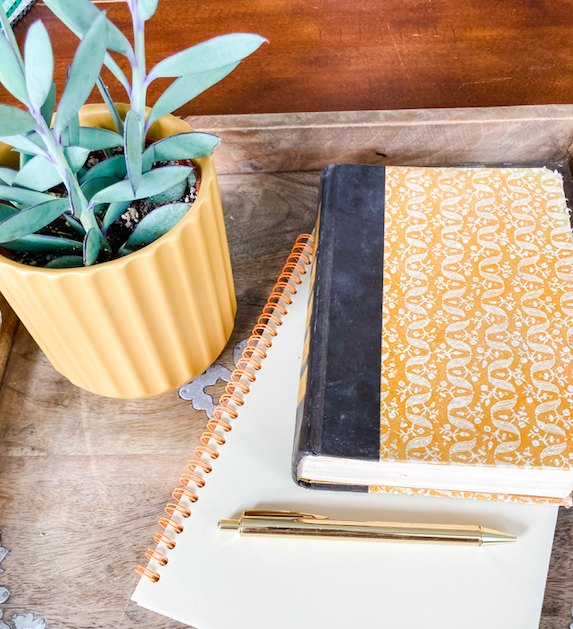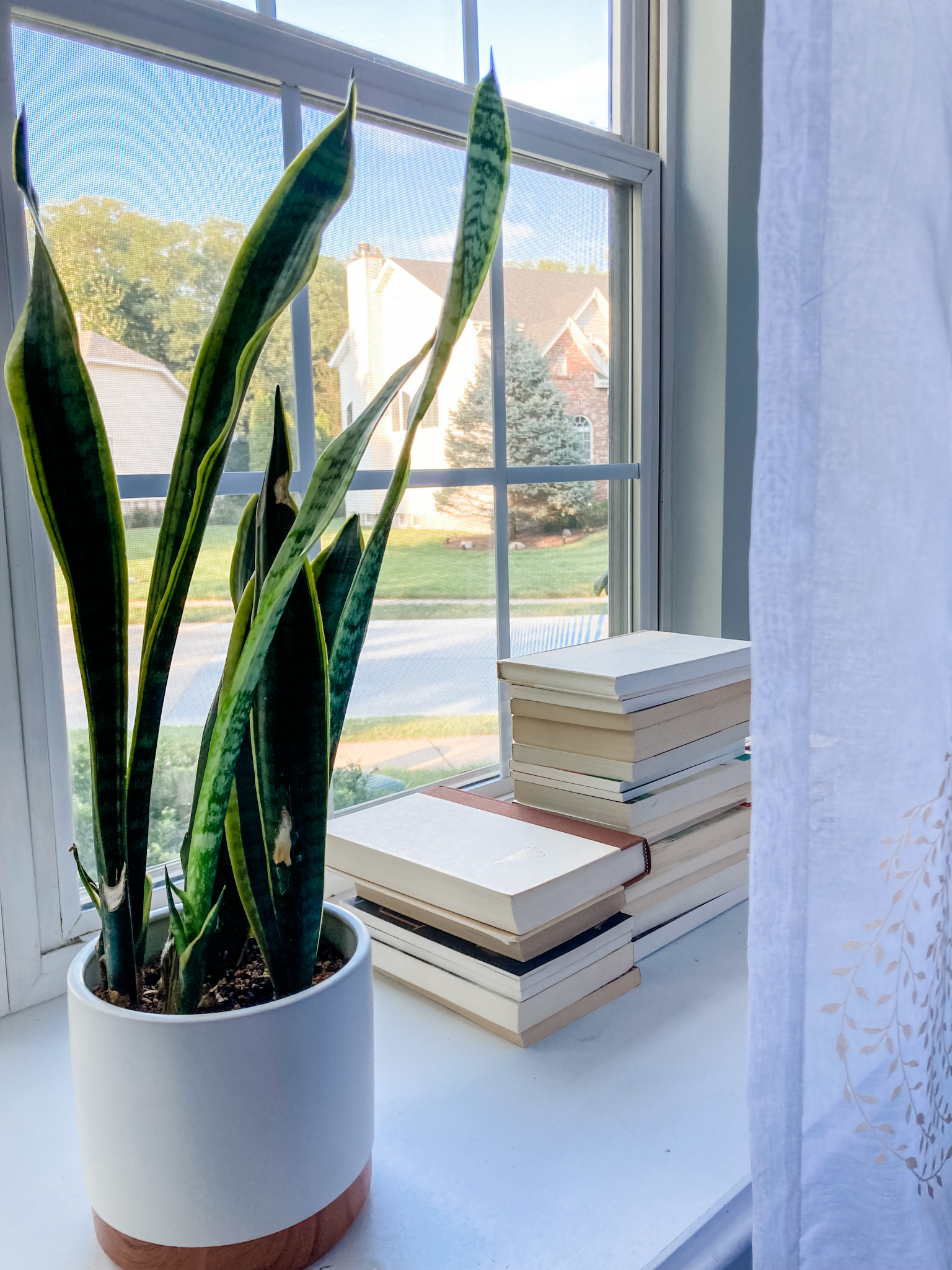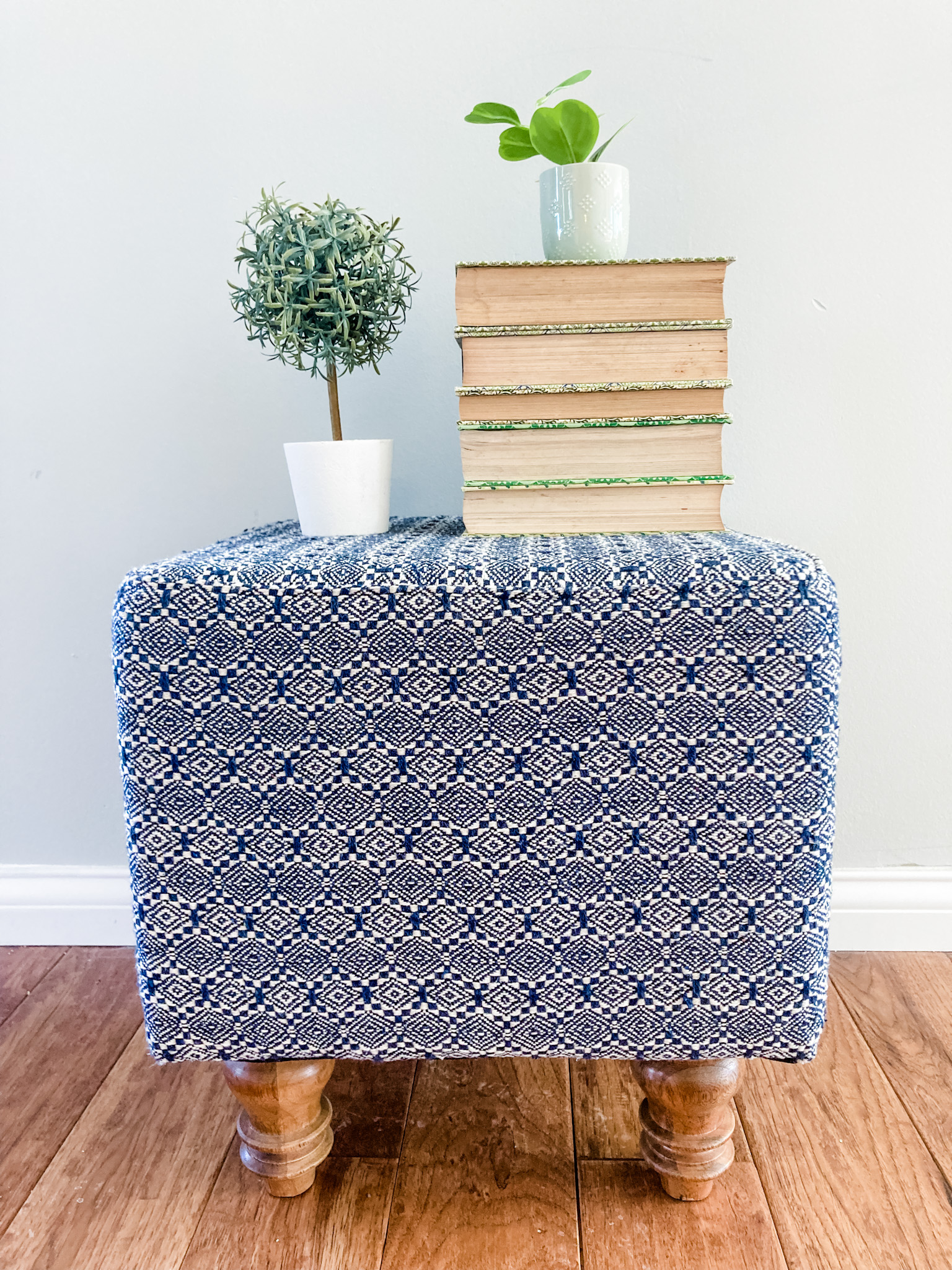Famous Writers on Story Beginnings

I love first sentences, first paragraphs, first pages. I love the promise of transport and transformation for the reader and I love the creative opportunity and challenge for the writer. I love good story beginnings.
The stakes are high—with all the work that goes into writing a book, or even an article, what if no one wants to read it? The writer must make a convincing case, right at the start, that what lies ahead will be some sort of delicious experience.
I’ve gathered some thoughts on story beginnings from famous writers of fiction and nonfiction. Read them and then ask yourself how you feel about the beginning of your current work in progress. Are you making that initial promise to your reader that what you’re offering will be worth their time?
Page 1, even if it’s a page of description, raises questions, suspicions, and expectations; the mind casts forward to later pages, wondering what will come paragraph to paragraph and chapter to chapter.
~John Gardner
First paragraphs can often be struck out. Are you performing a haka, or just shuffling your feet?
~Hilary Mantel
Every thing must have a beginning … and that beginning must be linked to something that went before.
~Mary Shelley
Each great memoir lives or dies based 100 percent on voice… For the reader, the voice has to exist from the first sentence.
~Mary Karr
Sometimes the writer leaves his early chapters in place from gratitude; he cannot contemplate them or read them without feeling again the blessed relief that exalted him when the words first appeared—relief that he was writing anything at all. That beginning served to get him where he was going, after all; surely the reader needs it, too, as groundwork. But no.
~Annie Dillard
…your lead must capture the reader immediately and force him to keep reading. It must cajole him with freshness, or novelty, or paradox, or humor, or surprise, or with an unusual idea, or an interesting fact, or a question. Anything will do, as long as it nudges his curiosity and tugs at his sleeve.
~William Zinsser
I always start a novel by writing its first page and its last page, which seem to survive almost intact through all the following drafts and changes.
~Jerzy Kosinski
Beginning to read a story should feel like embarking on a journey starting toward a destination. The writer must decide what larger meaning the story represents and lead the reader to that. Is it about fear? Is it about shame? Pain? Love? Betrayal? Hate? Faith?
~Deneen L. Brown
There is, in any great opening line, a miniconflict or tension that is strong enough to carry the reader to the next step in the narrative. It’s effect lasts, oh, perhaps half a page, a little more if it is really good.
~Donald Maass
Start as close to the end as possible.
~Kurt Vonnegut
I type out beginnings and they’re awful, more of an unconscious parody of my previous book that the breakaway from it that I want. I need something driving down the center of a book, a magnet to draw everything to it—that’s what I look for during the first months of writing something new. I often have to write a hundred pages or more before there’s a paragraph that’s alive. Okay, I say to myself, that’s your beginning, start there; that’s the first paragraph of the book.
~Philip Roth
It’s better to start with a small mystery and build up to a bigger one. The truth about a situation is always big enough to sustain someone’s attention.
~Charles Baxter
I’m not much of a first sentence type of guy, but I am a first paragraph or two sort of guy, and I think those paragraphs are crucial. Early on, I made the mistake of trying to answer questions about a character’s motivation or critical elements of the plot, knowing those were essential, and thinking the earlier they were out, the more the reader would appreciate it. I learned I was answering the wrong question. In the first couple of paragraphs, the reader isn’t asking questions about the characters or plot. He or she’s asking one simple thing:
~Brad Taylor
“Why should I keep reading?”
And that’s what I try to answer in the first two paragraphs.
